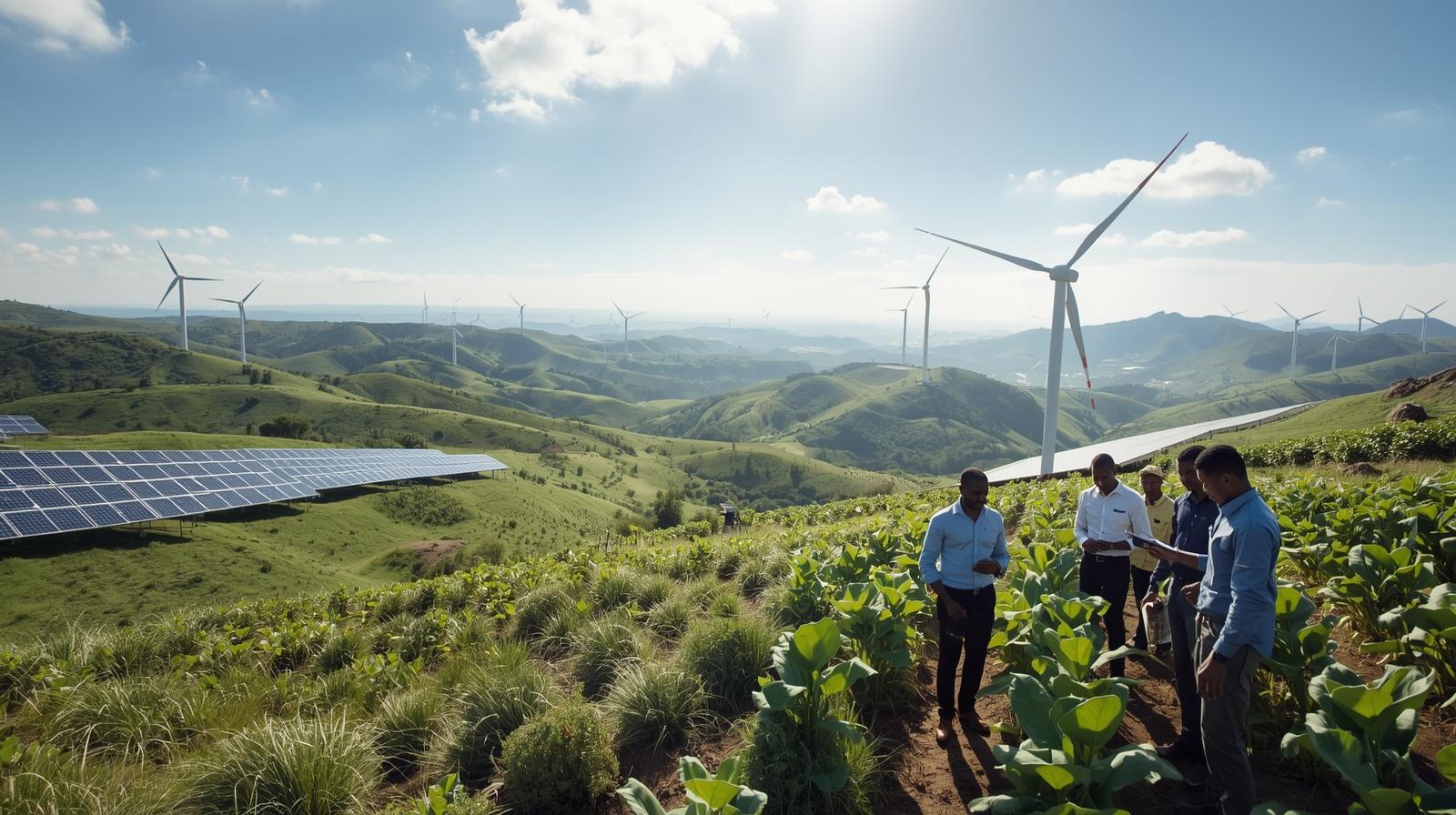Discover how sustainable energy solutions are reducing carbon footprints and transforming economies across continents.
Introduction
Renewable energy is rapidly becoming a cornerstone of global energy policies, as countries and corporations alike strive to reduce carbon emissions and reliance on fossil fuels. Advances in technology and investment in sustainable energy are making solar, wind, and other green solutions more affordable and efficient than ever.
Solar Energy Expansion
Solar power has seen tremendous growth in 2025, with photovoltaic systems becoming more efficient and cost-effective. Rooftop solar installations in urban areas are generating electricity locally, while large-scale solar farms provide clean energy to regional grids. Innovation in solar panel materials, including perovskite technology, is driving efficiency rates higher, making solar energy competitive with traditional sources.
Wind Energy Innovations
Wind energy is evolving through both onshore and offshore installations. Turbine design improvements increase output while reducing noise and environmental impact. Offshore wind farms, in particular, are gaining popularity due to strong and consistent wind patterns, generating substantial energy without taking up valuable land space.
Battery Storage and Smart Grids
One major challenge for renewable energy has been storage. Modern battery systems and smart grids now allow energy to be stored and distributed more effectively. AI-driven grid management ensures that electricity supply matches demand, while innovations in battery chemistry increase capacity and longevity.
Economic and Social Impacts
The shift to renewable energy is creating new industries and jobs worldwide. Countries investing in green energy are experiencing economic growth while reducing environmental harm. Communities are also benefiting from cleaner air, lower energy costs, and increased energy independence.
Policy and Global Initiatives
Government incentives and international agreements are critical to the adoption of renewable energy. Policies promoting carbon neutrality, subsidies for clean energy, and global climate initiatives are accelerating the transition. Companies are increasingly adopting ESG (Environmental, Social, Governance) strategies to align with these goals.
Conclusion
Renewable energy is no longer optional—it is essential for sustainable development. Solar, wind, and innovative green technologies are transforming the energy landscape, providing cleaner, more reliable, and cost-effective solutions for the planet and its people.
tags: Renewable Energy, Solar Power, Wind Energy, Sustainability, Climate Change, Green Innovation, Global Economy
